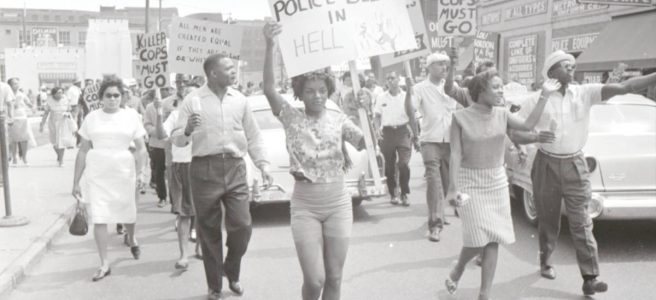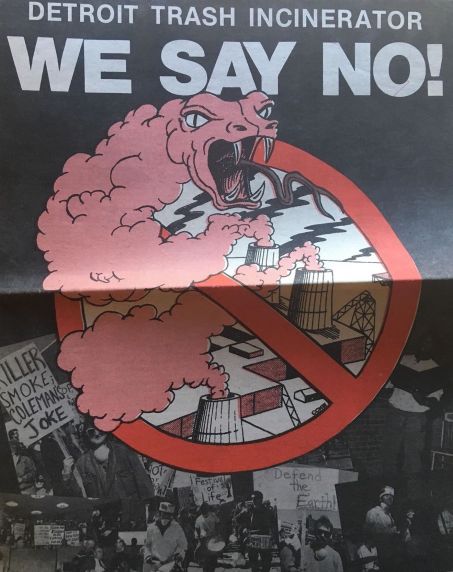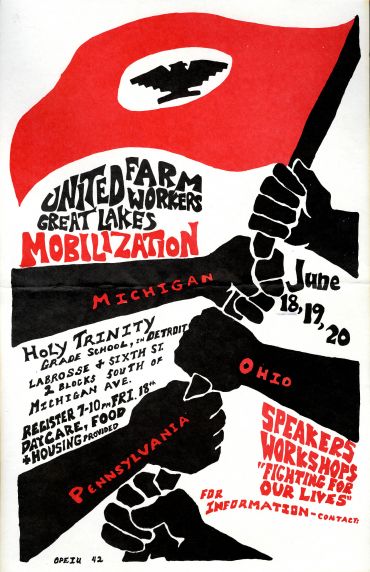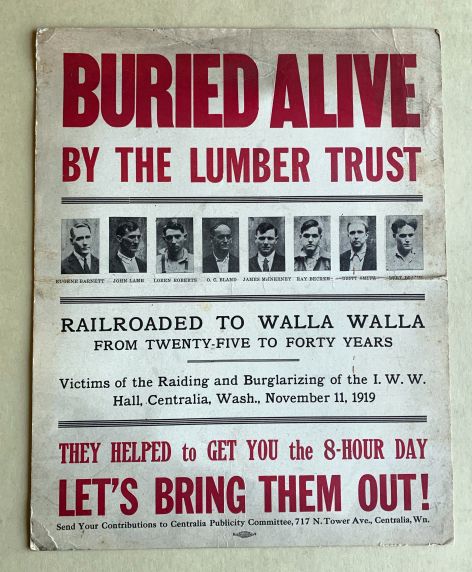Rachel Shteir shares how Betty Friedan’s early experience as a labor reporter for the Federated Press informed her later work as a famed women’s rights activist, author of The Feminine Mystique, and co-founder of the National Organization for Women. Although Friedan’s activism shaped the American women’s movement in the latter half of the 20th century, Shteir also notes that her pugilistic attitude ignored or antagonized would-be allies, including non-white women and lesbians. Shteir is head of dramaturgy and dramatic criticism in the Theatre School at DePaul University and is the author of Betty Friedan: Magnificent Disrupter, a finalist in the biography category for the National Book Critics Circle Award.
Related Resources:
Betty Friedan: Magnificent Disrupter
Related Collections:
UAW Women’s Department Records (LR00446)
UAW Women’s Department: Dorothy Haener Records (LR000848)
Toni Swanger Papers (UP001777)
Episode Credits
Producers: Dan Golodner and Troy Eller English
Interviewee: Rachel Shteir
Music: Bart Bealmear
Podcast: Play in new window | Download | Embed
Subscribe: Apple Podcasts | RSS | More




